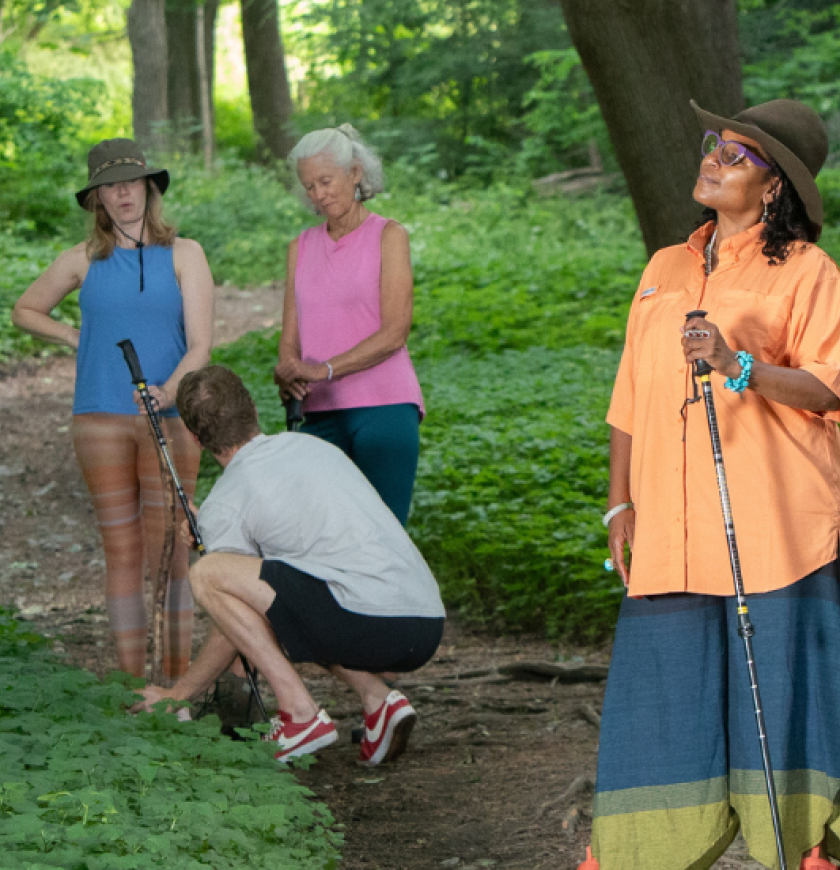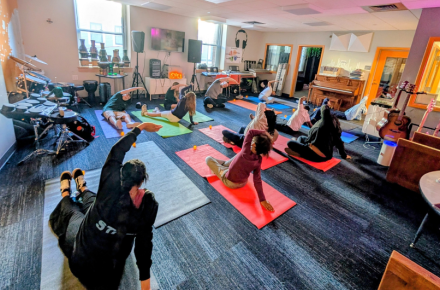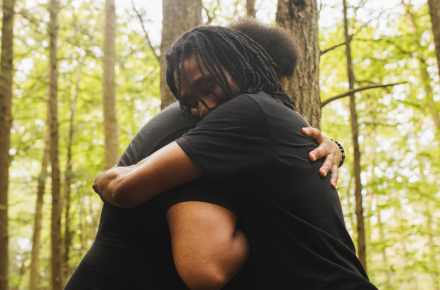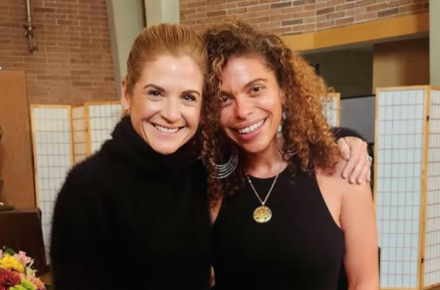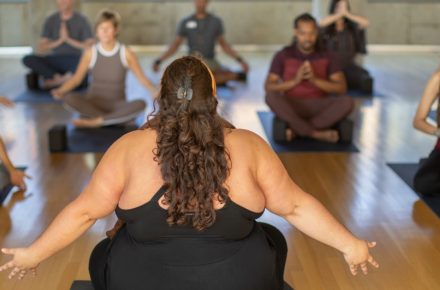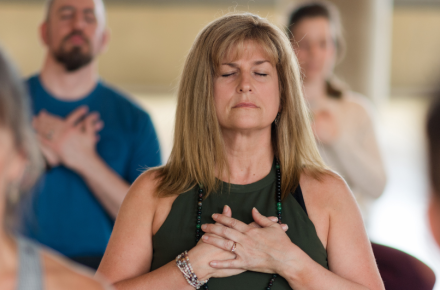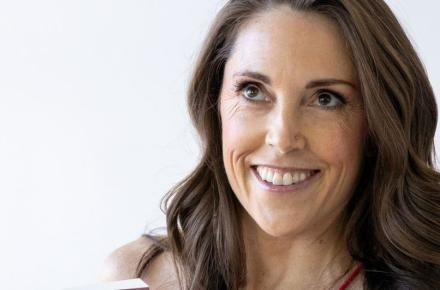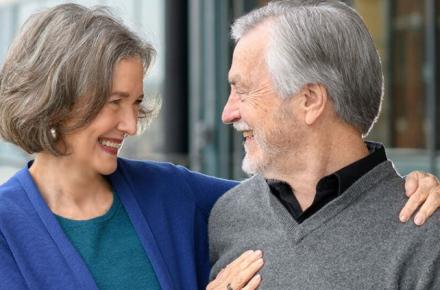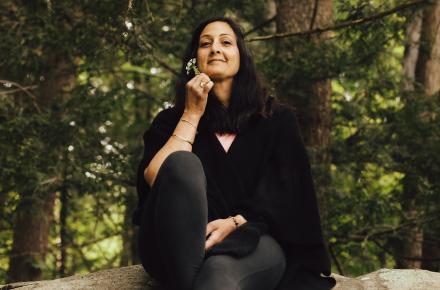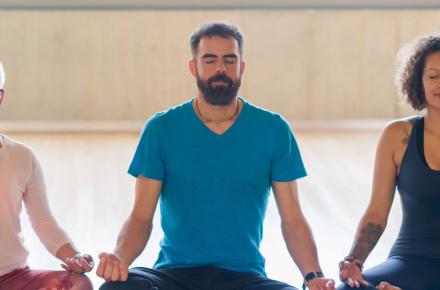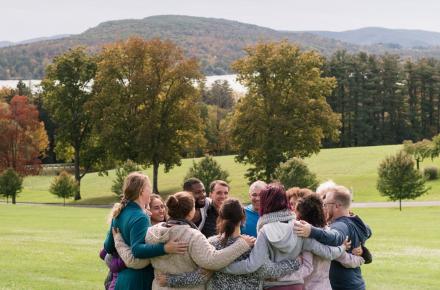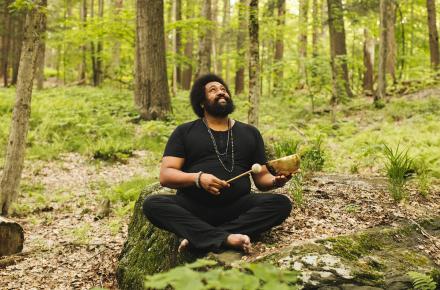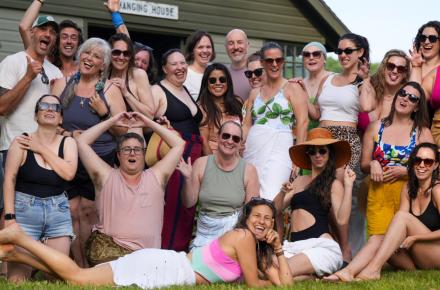3 Things to Remember When Neither Choice Is Perfect


As a teenager, I would hear Crosby, Stills, and Nash over and over again on my parent's radio. The lyrics "When you can't be with the one you love, love the one you're with" echoed in my heart as I sought true love in high school and then in college. I didn't appreciate their guidance, though; I wanted to have the one I loved, and I wanted it to be just right.
Once we reach adulthood, it doesn't take long to realize that we are often faced with choices—in love, at work, with schools for our children, in politics, in community work, in faith systems —that are not perfect, not exactly what we want. Are we stuck with learning to love what we’ve been given? Do we give up our ideals and compromise, or do we hold tight to our hopes of what could be and remain unsatisfied with what is? These are what the philosophers call “right vs. right” questions. There is no clear right answer, and no clear wrong one. What then?
In the field of Positive Psychology, we study who we are when we are at our healthiest, most resilient, and closest to thriving. Some of the principles that have emerged from the science of this work can be useful in a less-than-ideal world.
The Principle of “And”
We get stuck when we see life in rigid, black-or-white dichotomies. The happiest and most resilient among us can integrate flexibility by recognizing the “and.” For example, "I am unhappy with my partner" can become a locked view in which we see only the bad in the person we love. From that place, conflict, dis-ease, and resentment grow. When we integrate the “and,” we are freed to make choices that are empowering and affirming. I am unhappy with my partner AND I am grateful for what they do offer me. I am unhappy with my partner AND I can use my strengths to figure out a creative solution. I am unhappy with my partner AND I can work on my own negative habits first and see what happens. With the “and,” we step into personal leadership and recognize our ability to choose.
Perfection Does Not Exist
It’s helpful to remember that, in life, there is generally no such thing as perfection. But that doesn’t have to prevent us from striving for excellence, even when facing moments that deeply disappoint us. The most successful of us activate this striving by recognizing that every challenge can be an opportunity. We take disappointment as an opportunity to learn, to become wiser, and to step toward deeper personal leadership. When faced with choices that are imperfect, we can consider questions that bring us to a place of strength and inner resolve. Given this, how do you choose to respond? What values do you choose to live in accordance with? How can you bring your best self to bear anyway? Through these questions we become larger than the situation at hand, transforming what might be a paralyzing way of thinking into one of personal responsibility and accountability for how we show up in the world.
Mindfulness Over Matter
Finally, we can do the deep work of mindfulness. Here is where the science of Positive Psychology meets Eastern meditation traditions. Our wisest guides into the realms of inner wisdom and peace—the Dalai Lama, Thich Nhat Han, Pema Chödrön, Mathieu Ricard, Sharon Salzberg—caution us to notice our distraught feelings and reactive thoughts, bring compassion to them, and sit with them over time, until our minds become clear.
In the words of Mathieu Ricard, “We expend a lot of effort to improve the external conditions of our lives, but in the end it is always the mind that creates our experience of the world and translates it into well-being or suffering. If we transform our way of perceiving things, we transform the quality of our lives. It is this kind of transformation that is brought about by the form of mind-training known as meditation.”
It is always the mind that creates our experience. There is no greater truth then this. When I can't have what I want, dislike the choices in front of me, and am fearful that I’ll make a wrong decision, I can create space within to calm my mind and heart. Whatever choice I’m considering—whether it’s to fire an employee or to take the risk of finding love again—I can listen carefully to my deepest voices, consider the values that are crucial to me, and respond, eventually, from a place of thoughtfulness. I may not, in the end, be thrilled with the choice I am asked to make but, with mindfulness, I can move much closer to being at peace with how I have chosen.
To quote another famous song, we can’t always get what we want. But we can always move closer to becoming the kind of person we most want to be—someone who responds as wisely as possible in the presence of difficult choices; who steps into life from a place of personal, thoughtful leadership; and who accepts the imperfections of both our humanity and our world.
© Kripalu Center for Yoga & Health. All rights reserved. To request permission to reprint, please e-mail editor@kripalu.org.

